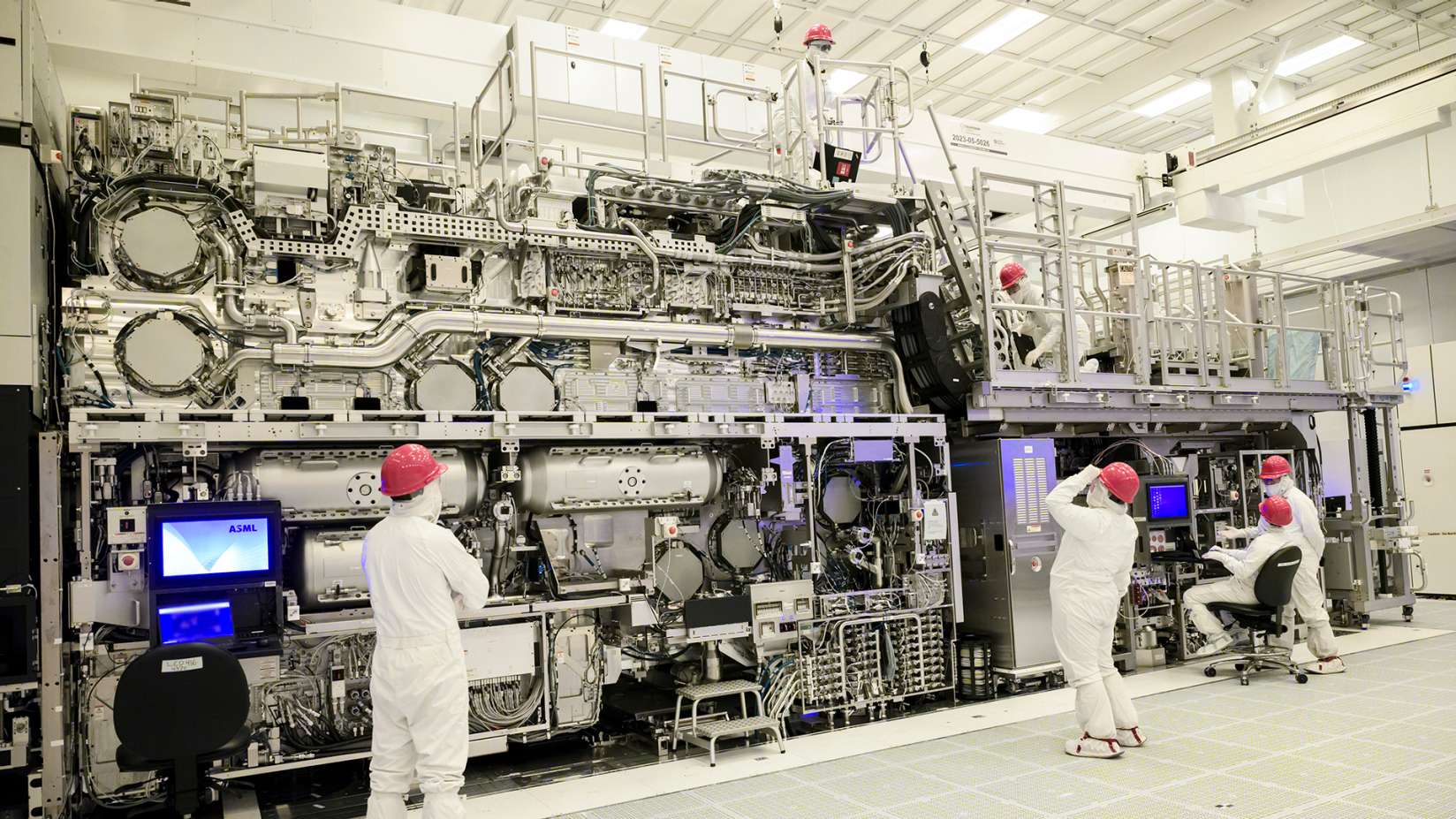TSMC Shocks Investors With Lower Chip Growth Forecast

TSMC pulls back on forecast of global chip industry growth for 2024, stirring concerns around expected recovery this year
10Taiwan Semiconductor Manufacturing Co. (TSMC), the world’s biggest contract chipmaker, delivered profit that beat first-quarter estimates and predicted second-quarter sales of up to 30 percent amidst a wave of demand for the chips that power artificial intelligence applications.
But the firm pulled back on expectations for growth in the overall chip sector and refrained from revising up its capital spending plans, as had been widely expected, triggering a sell-off of its shares, which closed down 6.72 percent on Friday.
TSMC said it expects capital spending for this year to remain at $28 billion (£22.6bn) to $32bn and said it expects revenue to rise in the low- to mid-20 percent range in US dollar terms, in line with previous statements.
The company lowered its outlook for the worldwide semiconductor industry, excluding memory, to a growth rate of about 10 percent from a previous forecast of more than 10 percent.

Lowered expectations
It also downgraded its growth expectations for the global foundry sector to a mid-to-high teens percentage gain from a previous projection of about 20 percent.
Chip-related stocks plunged on Friday in Tokyo, Seoul and other Asian markets on Friday, while the Philadelphia Semiconductor Index, or SOX, also dropped to two-month low.
Observers said investors were reacting to TSMC’s news, which stirred concerns over the recovery in demand for chips used in computers, smartphones, electric vehicles and other products.
Chip stocks have surged in recent months on speculation over the spread of artificial intelligence, with Nvidia gaining a market capitalisation of more than $2tn for the first time in March.
Increased charges
TSMC also said it would charge customers extra for manufacturing outside of Taiwan, reflecting the increased costs associated with its new plants in places such as the US state of Arizona.
“If a customer requests to be in a certain geographical area, the customer needs to share the incremental cost,” TSMC chief executive CC Wei told investors during the earnings call.
Wei said rising costs associated with power, inflation and new manufacturing processes would also be passed along to customers.
TSMC, Samsung and other global chip companies are expanding their manufacturing presence in the US with subsidies from the country’s Chips Act, which aims to bring more cutting-edge chip manufacturing within US borders.
The US in April said it would award another $6.6bn to TSMC under the act as the firm expands its plans to include a third manufacturing plant in the Phoenix area.
